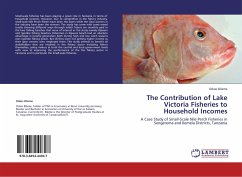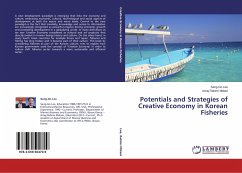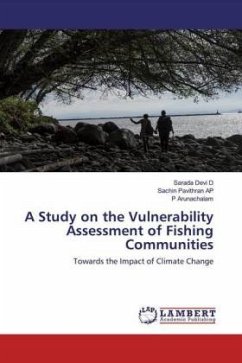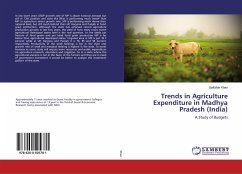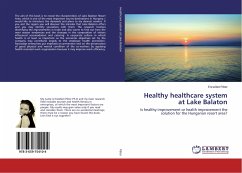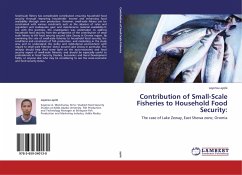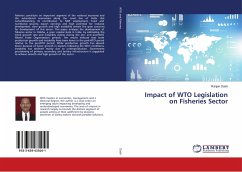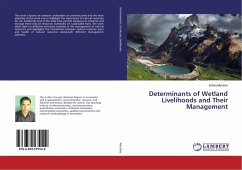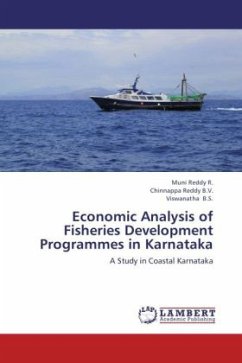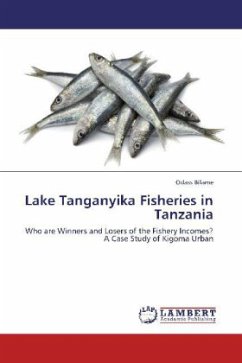
Lake Tanganyika Fisheries in Tanzania
Who are Winners and Losers of the Fishery Incomes? A Case Study of Kigoma Urban
Versandkostenfrei!
Versandfertig in 6-10 Tagen
32,99 €
inkl. MwSt.

PAYBACK Punkte
16 °P sammeln!
Fisheries have a direct link to household incomes. However, majority of households in developing countries who are involved in fishing and related activities have remained poor. This study assessed the winners and losers of the fishery incomes emanating from Lake Tanganyika fisheries in Tanzania. The study came up with mixed results that show that both fishers and fishing gear owners generated high profit during high catch season and experienced low profit and even losses during low catch season. Nevertheless, fishers were the hardest hit during low catch season, most of them operated at a los...
Fisheries have a direct link to household incomes. However, majority of households in developing countries who are involved in fishing and related activities have remained poor. This study assessed the winners and losers of the fishery incomes emanating from Lake Tanganyika fisheries in Tanzania. The study came up with mixed results that show that both fishers and fishing gear owners generated high profit during high catch season and experienced low profit and even losses during low catch season. Nevertheless, fishers were the hardest hit during low catch season, most of them operated at a loss. Neither was the situation for the majority of fishing gear owners appealing; the monthly incomes generated during low catch season were far below those generated during high catch season, with very few exceptions. However, fishing gear owners were winners of the fishery incomes; they took the lion s share of what was generated despite not doing the actual fishing task. Fishers on the other hand were the losers. This book aims at benefiting different stakeholders including policy makers both at local and central governments.



